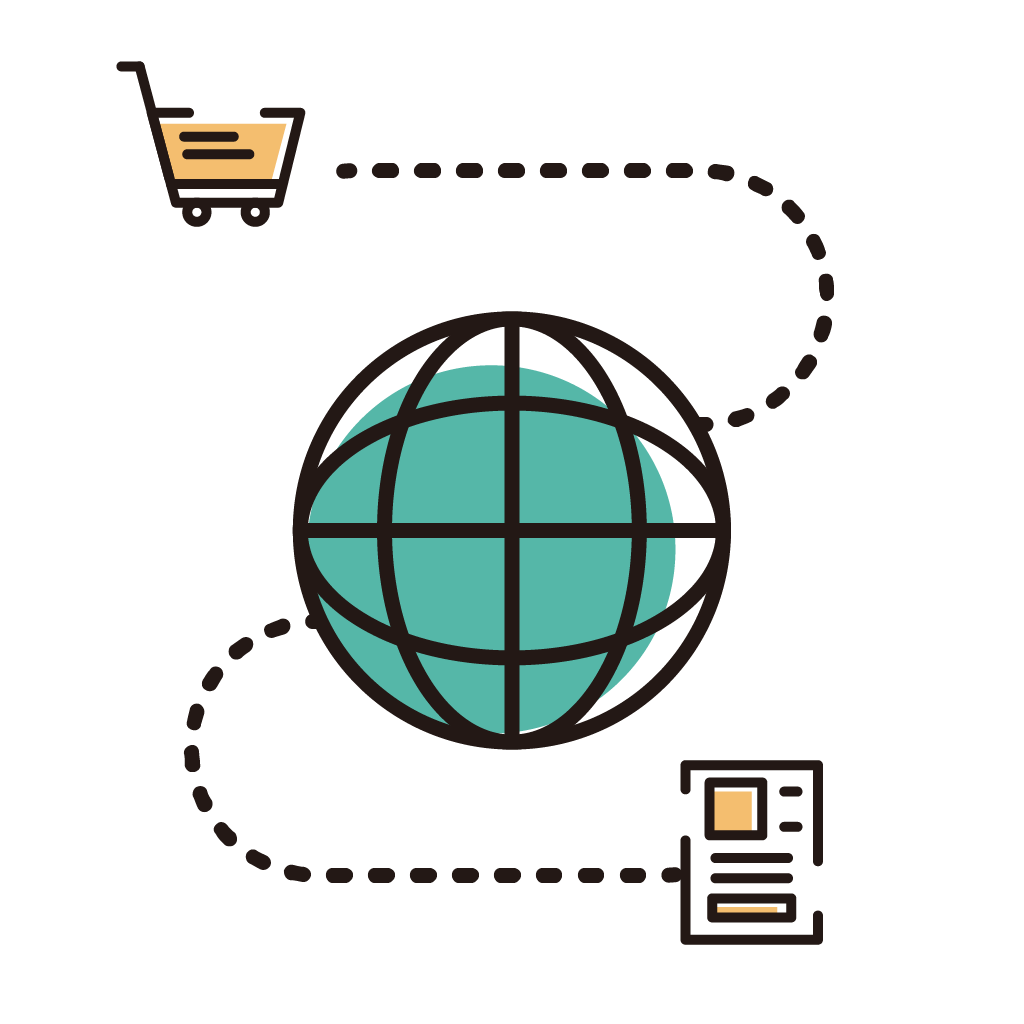Revolutionizing the Logistics Industry through Technological Advancements

In today's globalized world, where speed and efficiency are of utmost importance, logistics companies are constantly seeking innovative solutions to enhance their services. FLY Corporation, a leading player in the transportation and logistics industry, has been at the forefront of leveraging technology to gain a competitive edge and revolutionize international transit. In this article, we delve into the technological advancements pioneered by FLY, exploring how they have transformed the logistics landscape.
Smart Tracking and Real-Time Visibility
One of the key innovations introduced by FLY is its smart tracking system, which provides real-time visibility into the location and status of shipments. Through the integration of IoT devices and GPS technology, FLY enables customers to track their goods seamlessly throughout the entire transit process. This level of transparency empowers businesses with accurate and up-to-date information, allowing them to optimize their supply chains, minimize delays, and enhance overall operational efficiency.
Automated Warehouse Management
FLY has embraced automation and robotics to streamline warehouse operations. By implementing state-of-the-art technologies such as autonomous guided vehicles (AGVs) and robotic picking systems, FLY has significantly improved the accuracy and speed of order fulfillment. These automated systems not only reduce human errors but also enhance inventory management, enabling FLY to meet growing demands and ensure prompt deliveries.
Efficient Route Planning and Optimization
An essential aspect of international logistics is route planning. FLY leverages advanced algorithms and data analytics to optimize shipment routes, taking into account various factors such as distance, traffic conditions, and delivery deadlines. By finding the most efficient and cost-effective routes, FLY minimizes transportation costs, reduces carbon footprint, and improves overall delivery timelines. This innovative approach provides customers with reliable and timely deliveries, positioning FLY as a pioneer in sustainable logistics.
Blockchain-enabled Supply Chain Transparency
Recognizing the need for enhanced transparency and security in the supply chain, FLY has embraced blockchain technology. Blockchain enables the creation of an immutable and transparent record of transactions, preventing fraud, counterfeit goods, and unauthorized modifications. By leveraging blockchain, FLY ensures the authenticity and integrity of every step in the logistics process, fostering trust and accountability among all parties involved.
Data-driven Decision Making
FLY leverages big data and analytics to drive informed decision-making. By collecting and analyzing massive amounts of data from various sources, including weather patterns, market trends, and customer preferences, FLY gains valuable insights that enable proactive planning and risk management. This data-driven approach allows FLY to optimize operations, mitigate disruptions, and deliver personalized solutions tailored to each customer's unique requirements.
In conclusion, FLY's innovative use of technology has propelled the company to the forefront of the logistics industry. Through smart tracking, automated warehouse management, efficient route planning, blockchain-enabled transparency, and data-driven decision-making, FLY has revolutionized international transit. These technological advancements not only improve operational efficiency but also enhance customer satisfaction and drive sustainable growth. As the logistics industry continues to evolve, FLY remains committed to pushing the boundaries of innovation, ensuring seamless and efficient transportation of goods across the globe.























